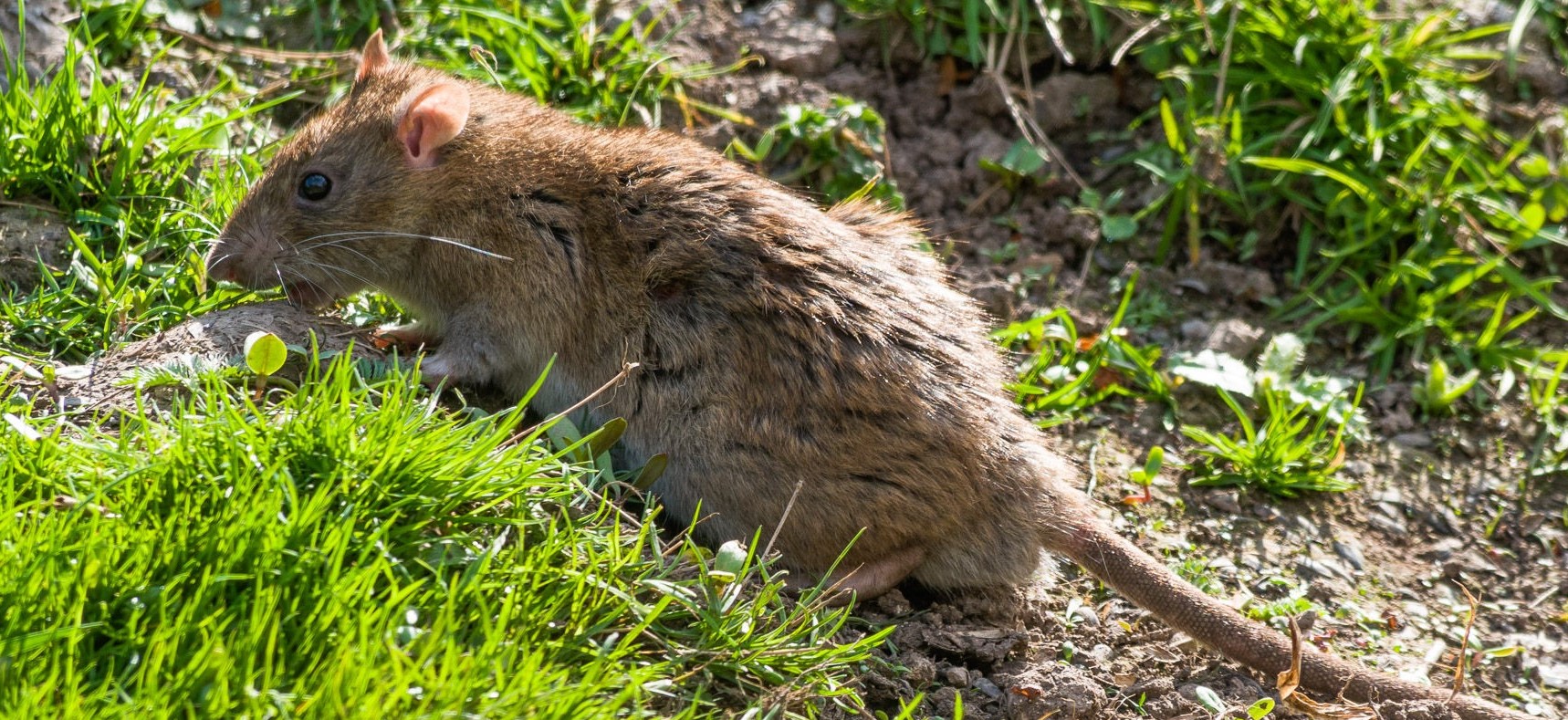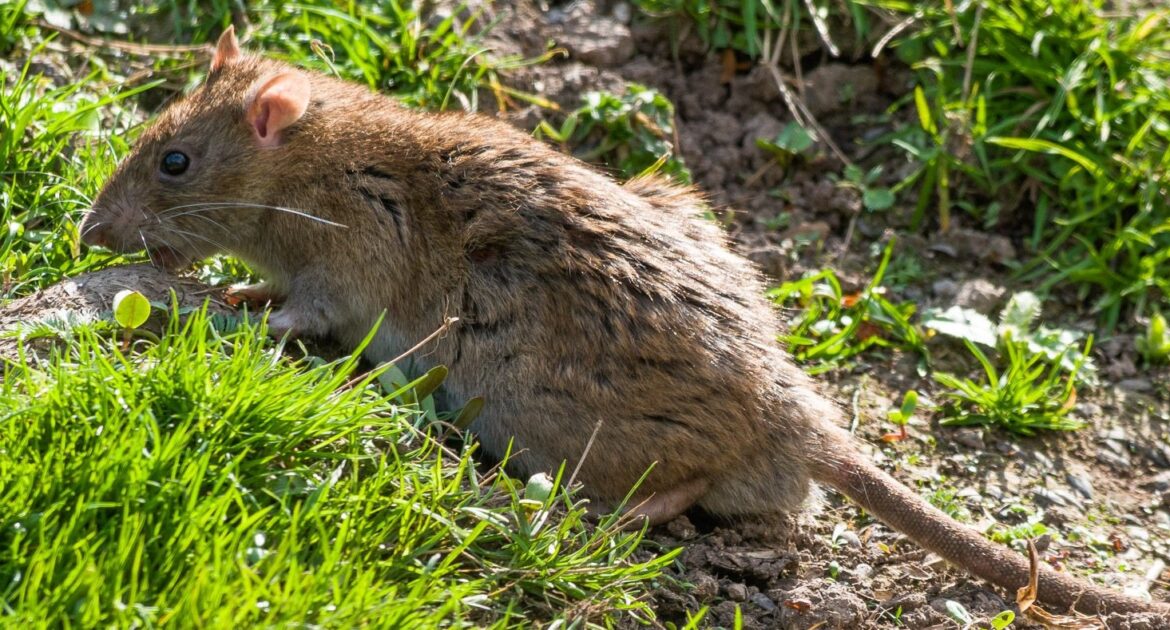Rats are incredibly adaptable creatures that thrive in both urban and rural environments. However, life in the wild is not without its challenges. Understanding how long rats live in the wild helps us appreciate their resilience.
On average, a rat’s lifespan in the wild is shorter than in captivity due to predators, scarcity of food, and harsh weather conditions. These surviving experts have evolved to eat a diverse diet, and what rats eat in the wild ranges from seeds and fruits to small insects, making them resourceful survivors.
Despite their solitary image, rats are social animals. But do rats live alone in the wild? Typically, they form colonies, which provide safety and aid in finding food. This social structure allows them to thrive despite the obstacles they face.
In Montreal, where rats are a common sight, understanding these aspects of their life helps us manage and control their populations more effectively. By focusing on humane and reliable wildlife control practices, we ensure a balanced coexistence between humans and these intelligent creatures.
Survival in Unpredictable Environments
In the wild, rats must constantly adapt to rapidly changing environments. Weather patterns, such as harsh winters and scorching summers, pose significant threats. These fluctuations require them to find suitable shelters and sustain themselves through extremes. Temperature variations can impact their health and food availability.
Rats are highly adaptable and resourceful, enabling them to thrive in various habitats. However, as development continues to encroach on natural areas, their food sources dwindle. This can lead to malnutrition or starvation, posing significant survival threats. Competition for limited resources can lead to aggressive encounters with other animals, further endangering their lives.
Natural predators like hawks, owls, and snakes constantly threaten rat populations. These predators are skilled hunters, and rats must rely on their quickness and agility to escape. However, the relentless pursuit by predators can take a toll on their numbers, requiring them to continuously find new ways to avoid becoming prey.
Nutritional Struggles: What Do Rats Eat in the Wild
Understanding what rats eat in the wild provides insight into their survival challenges. A balanced diet is crucial for their health, but finding consistent food sources can be difficult. These animals are omnivores, meaning they consume both plants and animals. In the wild, they often rely on seeds, fruits, insects, and small animals.
When food is scarce, they may resort to scavenging in human settlements for sustenance. This can lead to conflicts with humans and expose them to dangers like traps or poison. Their scavenging habits sometimes bring them into contact with harmful substances, affecting their health and well-being.
Eating spoiled or contaminated food can introduce parasites or diseases, leading to health issues that impact their survival. These nutritional difficulties highlight the importance of understanding their ecosystem and securing safe food sources.
Social Dynamics and Living Arrangements
A common question is, do rats live alone in the wild? The answer is that they are highly social creatures, often living in colonies. These colonies offer safety in numbers, but they also come with their own set of challenges. Within these groups, there’s a hierarchy that determines access to food, mating opportunities, and shelter. Struggles for dominance can result in injuries or even expulsion from the group.
Living in colonies means sharing resources, which can strain food and shelter. Conflicts within the group can arise, especially during lean times. Additionally, larger colonies are more conspicuous, attracting predators that can wipe out significant portions of the population in one go.
The dynamics within a colony are complex and require constant negotiation. Cooperation is essential for survival, yet competition remains a constant presence. Understanding these dynamics is crucial for grasping the social challenges these animals face in the wild.
Health and Disease Risks
Rats in the wild are susceptible to various diseases and parasites that can severely impact their health. They can contract illnesses from other animals, contaminated water sources, or unsanitary environments. Common diseases include leptospirosis, salmonella, and hantavirus. These illnesses can spread rapidly within colonies, leading to significant declines in population.
Parasites like fleas, ticks, and mites are also prevalent among wild rats. These parasites can cause discomfort, weaken their immune systems, and transmit diseases. Infestations can be debilitating, making them vulnerable to predation and further health complications.
Environmental factors, such as pollution and pesticide exposure, can also pose health risks. These factors can weaken their immune systems and make them more susceptible to diseases. The combination of these risks makes it crucial for them to maintain strong immune systems and find clean living conditions.
Adapting to Human Encroachment
Human expansion has forced rats to adapt to new environments, often bringing them into closer contact with people. Urbanization and deforestation have reduced their natural habitats, pushing them into cities and suburbs. This proximity to humans presents new challenges and risks.
Living near human settlements exposes rats to dangers like traffic, pollution, and traps. They must be resourceful and cautious to avoid these hazards while seeking food and shelter. The constant presence of people can disrupt their natural behaviours, leading to stress and anxiety.
While adapting to urban environments, they must also compete with other animals that have similarly adapted. This competition can increase struggles for resources, making survival even more challenging. These adaptations highlight the resilience of rats but also underscore the difficulties they face due to human activities.
Why Choose Skedaddle for Wildlife Control
When wildlife encroaches upon human spaces, it can lead to conflicts and concerns. At Skedaddle Humane Wildlife Control, we specialize in providing humane solutions that prioritize the well-being of both wildlife and homeowners. Our approach focuses on exclusion and prevention, ensuring that animals are safely removed and unable to return.
Our expert team understands the complexities of wildlife behaviour and employs strategies that minimize stress for the animals involved. We use non-lethal methods to remove animals and secure entry points, preventing future intrusions. This ensures a humane resolution while maintaining the safety and integrity of your home.
Skedaddle’s commitment to ethical practices and effective solutions makes us the best choice for wildlife control. Our years of experience and dedication to humane methods set us apart, allowing us to address wildlife issues with empathy and expertise.
Moreover, we offer cleanup and decontamination services to restore areas affected by wildlife and improve the health and safety of the home environment. Addressing the mess and dangers left behind by wildlife, such as droppings and nesting materials, is an essential step in preventing health risks associated with wildlife intrusions. Skedaddle is committed to delivering peace of mind through professionally executed and considerate wildlife management services.
We’re Ready to Assist You
Understanding the challenges that rats face in the wild provides valuable insights into their behaviours and survival strategies. From nutritional struggles to adapting to human encroachment, these animals demonstrate remarkable resilience. However, their presence in urban areas can lead to conflicts with humans.
For homeowners seeking a humane and effective solution to wildlife issues, Skedaddle offers the expertise and care needed to address these challenges. Our commitment to ethical practices ensures that both wildlife and homeowners can coexist peacefully.
If you’re facing wildlife concerns, consider reaching out to Skedaddle Humane Wildlife Control for a consultation. Our team is ready to assist you in finding solutions that respect and preserve the balance between humans and nature.




